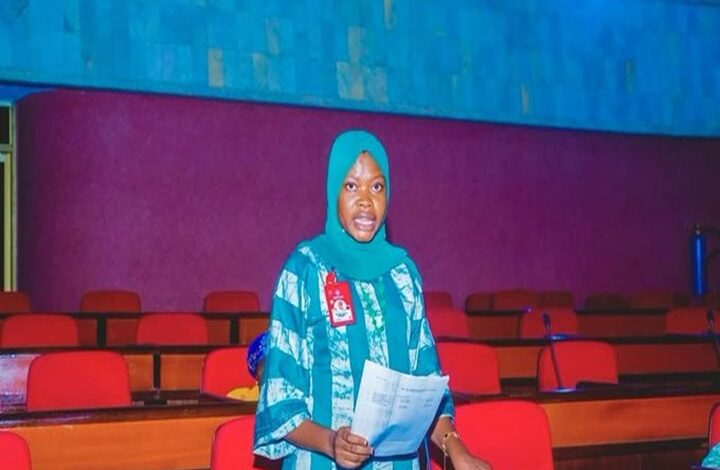Kwara HoA takes step toward energy reform with electric power sector bill

In a progressive step, Kwara State House of Assembly introduced the 2025 Electric Power Sector Bill during Tuesday’s plenary.
Sponsored by Hon. Rukayat Shittu, Nigeria’s youngest lawmaker, the bill targets obsolete 1992 and 2006 Electricity Board Laws.
Furthermore, it establishes a modern framework to boost statewide power generation and distribution.
Representing Owode/Onire, Shittu stressed decentralizing supply to empower communities and attract private-sector investments.
“This bill enables reliable power and community-driven networks,” Shittu asserted, addressing infrastructural gaps.
At 27, Shittu leads legislative innovation, aligning the bill with state-level electricity regulation amendments.
These amendments empower states to regulate energy, fostering localized solutions and greater independence.
Lawmakers applauded the bill’s potential to spur independent projects and expand energy access.
They foresee rural and urban communities gaining from sustainable, reliable electricity solutions.
Next, the bill advances to a second reading for thorough debate and scrutiny. If passed, it could revolutionize Kwara’s energy infrastructure through sustainable development. Energy stakeholders monitor progress, recognizing the bill’s potential to redefine Kwara’s power sector.
Investors eye opportunities in decentralized networks, expecting economic growth and job creation. Enhanced energy access could boost education, healthcare, and small businesses across Kwara. Residents hope for fewer outages and reduced energy costs in coming years.
The bill’s success depends on collaboration between government and private sectors. As debates proceed, Kwara edges toward energy self-sufficiency and innovative solutions. Stakeholders emphasize the urgency of bipartisan support to fast-track implementation.
Public forums now mobilize to educate citizens on the bill’s long-term benefits. Civil societies advocate for inclusive policies ensuring marginalized communities access affordable electricity. Meanwhile, tech startups anticipate leveraging stable power to scale operations statewide.
Critics urge transparency in licensing private operators to prevent monopolistic practices. Proponents counter that robust oversight mechanisms will ensure fair market competition. Ultimately, the bill represents Kwara’s bold stride toward a brighter, electrified future.
Post Views: 15





